Rheumatoid arthritis (RA) is an autoimmune condition that causes chronic inflammation in the joints, often leading to pain, swelling, and reduced mobility. While conventional treatments like medications and physical therapy are crucial, many individuals seek natural remedies to complement their management plans. Among these remedies, turmeric has gained significant attention.
Turmeric, a vibrant yellow spice commonly used in cooking, contains a powerful compound called curcumin. This compound has been extensively studied for its anti-inflammatory and antioxidant properties, making it a promising option for those managing rheumatoid arthritis.
In this blog, we’ll explore how turmeric works, the science behind its benefits for RA, and how to incorporate it into your daily routine for optimal results.
Understanding Rheumatoid Arthritis
Before diving into turmeric’s role, it’s essential to understand the nature of rheumatoid arthritis. Unlike osteoarthritis, which is caused by wear and tear, RA is an autoimmune disease. This means the immune system mistakenly attacks the body’s own tissues, particularly the synovium — the lining of the joints.
Symptoms of RA:
- Persistent joint pain and swelling
- Stiffness, especially in the morning
- Fatigue and general malaise
- Reduced range of motion
- Formation of rheumatoid nodules (in severe cases)
RA can affect multiple joints and even organs, emphasizing the importance of comprehensive treatment strategies.
What Makes Turmeric Special?
Turmeric has been used for centuries in traditional medicine, particularly in Ayurvedic and Chinese practices. Its main active ingredient, curcumin, is the star player when it comes to health benefits. Curcumin is renowned for its anti-inflammatory, antioxidant, and immune-modulating properties — all of which are highly relevant for managing RA symptoms.
How Curcumin Works:
- Reduces Inflammation: Curcumin blocks certain enzymes and cytokines that promote inflammation, helping to alleviate joint swelling and pain.
- Antioxidant Power: It neutralizes free radicals that can cause oxidative stress and damage joint tissues.
- Immune Modulation: Curcumin helps regulate the immune response, potentially reducing the overactivity seen in autoimmune conditions like RA.
The Science Behind Turmeric and RA
Numerous studies have investigated turmeric’s effects on inflammatory conditions, including RA. Here’s what the research says:
1. Anti-Inflammatory Effects
A study found that curcumin effectively reduced inflammation markers in individuals with rheumatoid arthritis. Participants reported decreased joint swelling and pain after consistent use.
2. Comparable to NSAIDs
In some cases, curcumin has been shown to work as effectively as non-steroidal anti-inflammatory drugs (NSAIDs), such as ibuprofen or diclofenac, but without the associated side effects like gastrointestinal discomfort.
3. Improved Joint Function
A 2016 study demonstrated that patients taking curcumin experienced significant improvements in joint tenderness and swelling compared to those on conventional RA medications alone.
4. Safety and Tolerability
Curcumin is generally well-tolerated, even in higher doses. Unlike some RA medications, it doesn’t carry risks of long-term organ damage, making it a safer long-term option for many patients.
How to Use Turmeric for Rheumatoid Arthritis
Incorporating turmeric into your daily routine is relatively easy. Here are some practical ways to do so:
1. Dietary Use
Turmeric can be added to a variety of dishes, from curries to smoothies. However, the curcumin content in dietary turmeric is relatively low, so relying solely on food may not provide enough to experience significant therapeutic benefits.
2. Supplements
For a more concentrated dose, turmeric supplements like Turmeric Total Boost from PhytAge Labs are highly effective. These supplements are designed to deliver a potent amount of curcumin, often combined with black pepper extract (piperine) to enhance absorption.
3. Golden Milk
Golden milk, a traditional drink made with turmeric, milk (or a plant-based alternative), and a touch of black pepper, is both soothing and beneficial. It’s an excellent way to wind down in the evening while supporting joint health.
4. Turmeric Tea
Brew a warm cup of turmeric tea by steeping ground turmeric with ginger and black pepper. This simple beverage can provide anti-inflammatory benefits while keeping you hydrated.
Dosage and Safety
How Much Turmeric Should You Take?
The optimal dosage of turmeric depends on the form you’re using. For supplements, typical doses range from 500 to 1,000 mg of curcumin per day. Always consult your healthcare provider to determine the right dosage for your specific needs, especially if you’re combining it with other treatments.
Potential Side Effects:
- Mild gastrointestinal discomfort: Some people may experience bloating or diarrhea.
- Blood-thinning effects: Turmeric may enhance the effects of blood thinners, so use caution if you’re on medications like warfarin.
- Gallbladder issues: Avoid high doses if you have gallstones or bile duct obstruction.
Combining Turmeric with Other Treatments
While turmeric offers numerous benefits, it should be viewed as a complementary treatment rather than a standalone solution. Here’s how it fits into a comprehensive RA management plan:
- Medications: Continue prescribed RA medications unless advised otherwise by your doctor.
- Physical Therapy: Engage in exercises that promote joint flexibility and strength.
- Healthy Diet: Focus on anti-inflammatory foods such as fatty fish, leafy greens, and berries.
- Supplements: Along with turmeric, consider supplements like omega-3 fatty acids or Vitamin D, which support joint health.
Lifestyle Tips for Managing Rheumatoid Arthritis
In addition to taking turmeric, implementing these lifestyle changes can further enhance your RA management:
1. Stay Active
Engage in low-impact exercises like swimming, walking, or yoga to maintain joint flexibility and reduce stiffness.
2. Maintain a Healthy Weight
Extra weight puts additional stress on your joints. Losing even a small amount of weight can significantly reduce joint pain.
3. Prioritize Rest
Ensure you’re getting enough sleep to allow your body to repair and recharge. Rest is crucial for managing fatigue, a common symptom of RA.
4. Stress Management
Chronic stress can exacerbate inflammation. Practice relaxation techniques such as meditation, deep breathing, or tai chi to keep stress levels in check.
Is Turmeric Effective for Rheumatoid Arthritis?
The evidence is clear: turmeric, and specifically its active compound curcumin, offers significant benefits for those managing rheumatoid arthritis. From reducing inflammation and joint pain to improving overall joint function, turmeric can be a valuable addition to your treatment plan. When used alongside a healthy lifestyle and prescribed treatments, it can help you take control of RA symptoms and enhance your quality of life.
For those seeking a convenient and potent form of turmeric, Turmeric Total Boost from PhytAge Labs is an excellent choice. Designed to deliver maximum curcumin absorption, this supplement provides a natural, safe way to support joint health and combat inflammation.
Contact us today to learn more about how Turmeric Total Boost can help you manage rheumatoid arthritis and live a more active, pain-free life. Together, let’s take the next step toward better joint health!

 Cart
Cart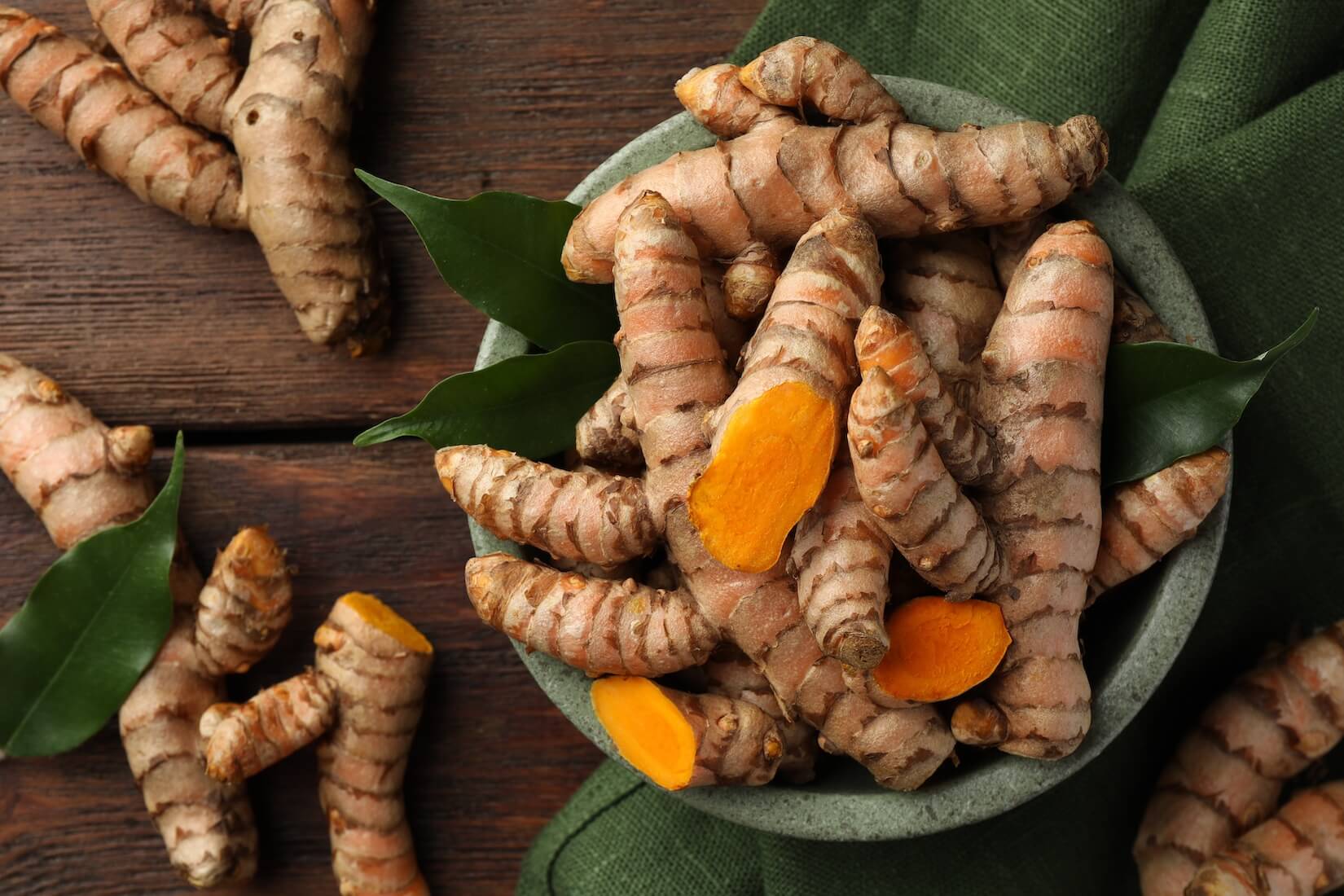

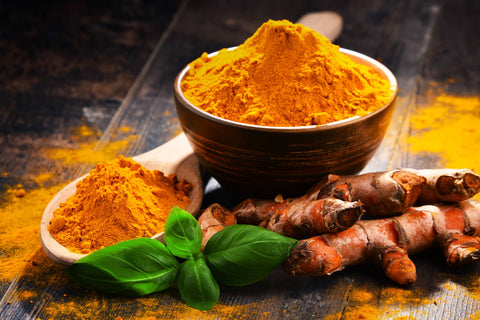






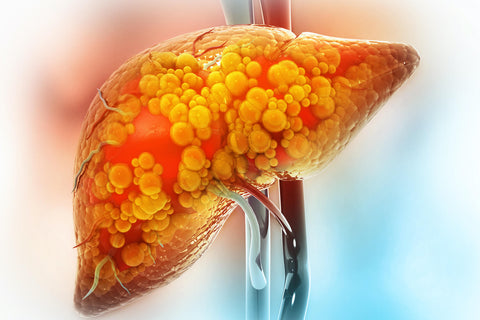





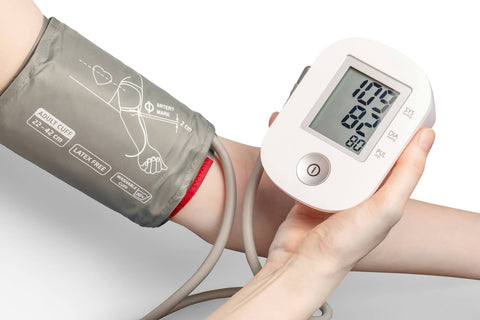

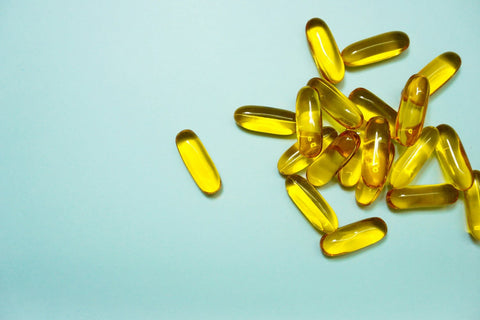



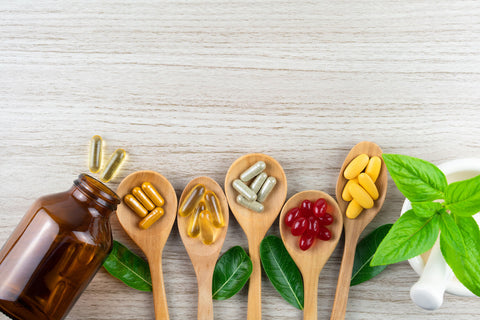
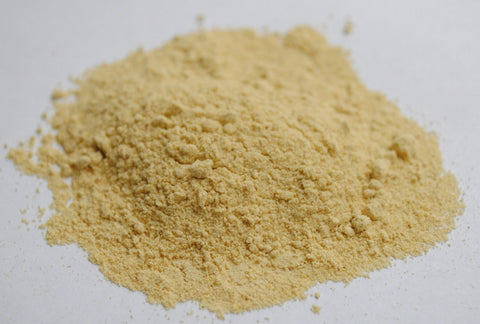
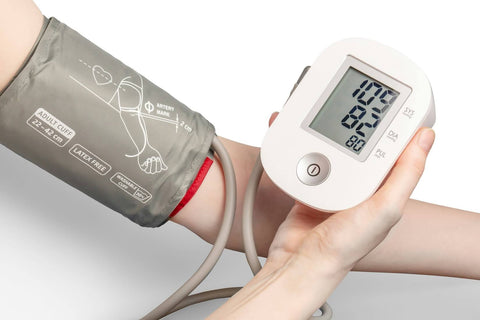
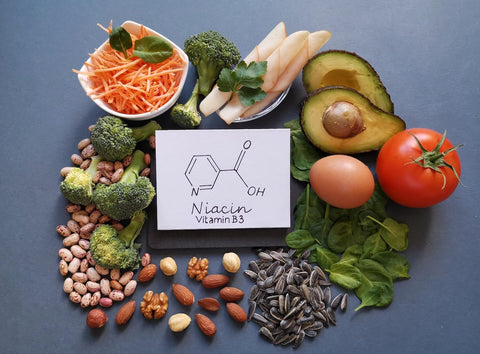
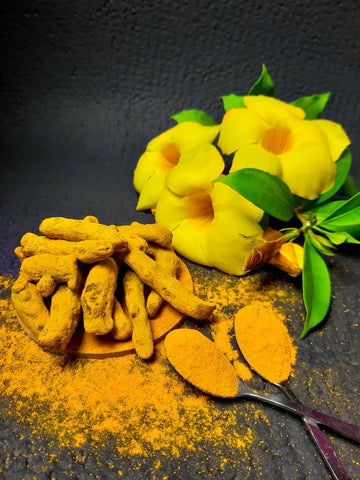
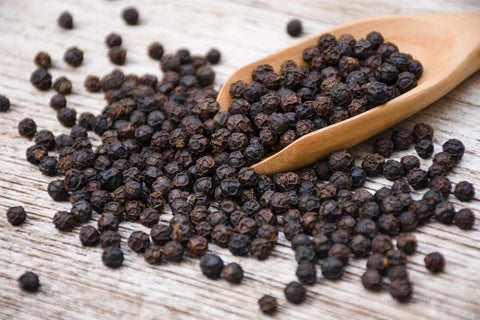
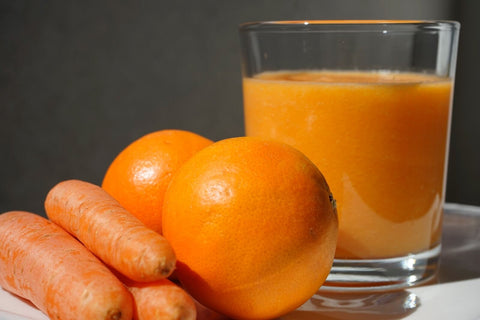
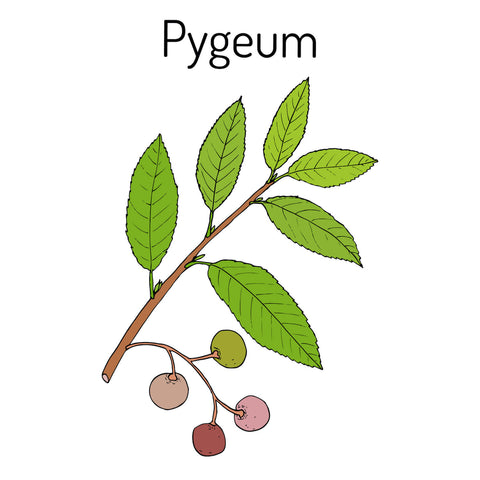
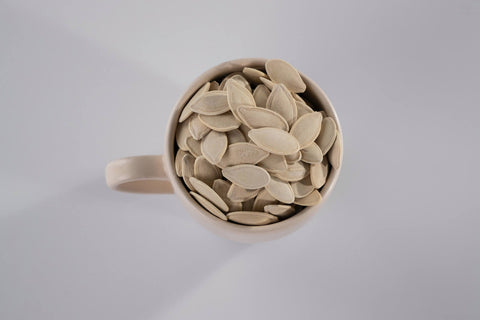







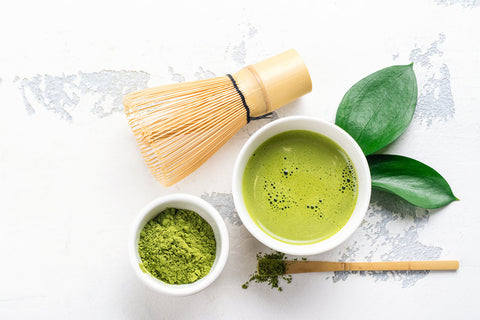







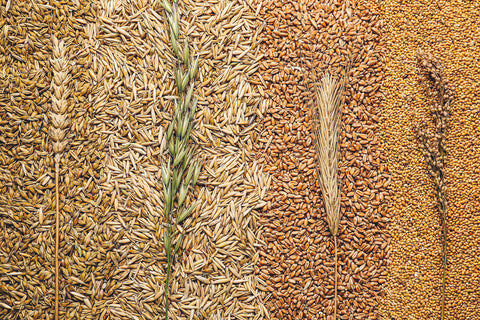
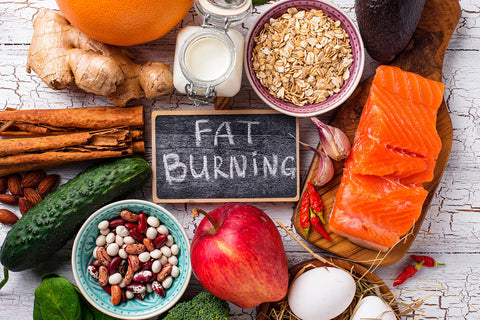





 1-800-822-5753
1-800-822-5753
